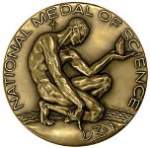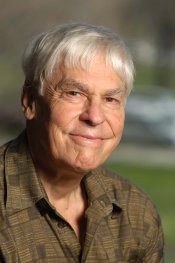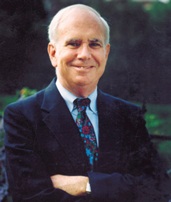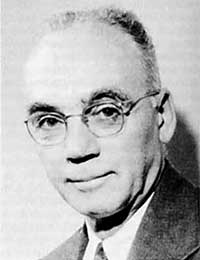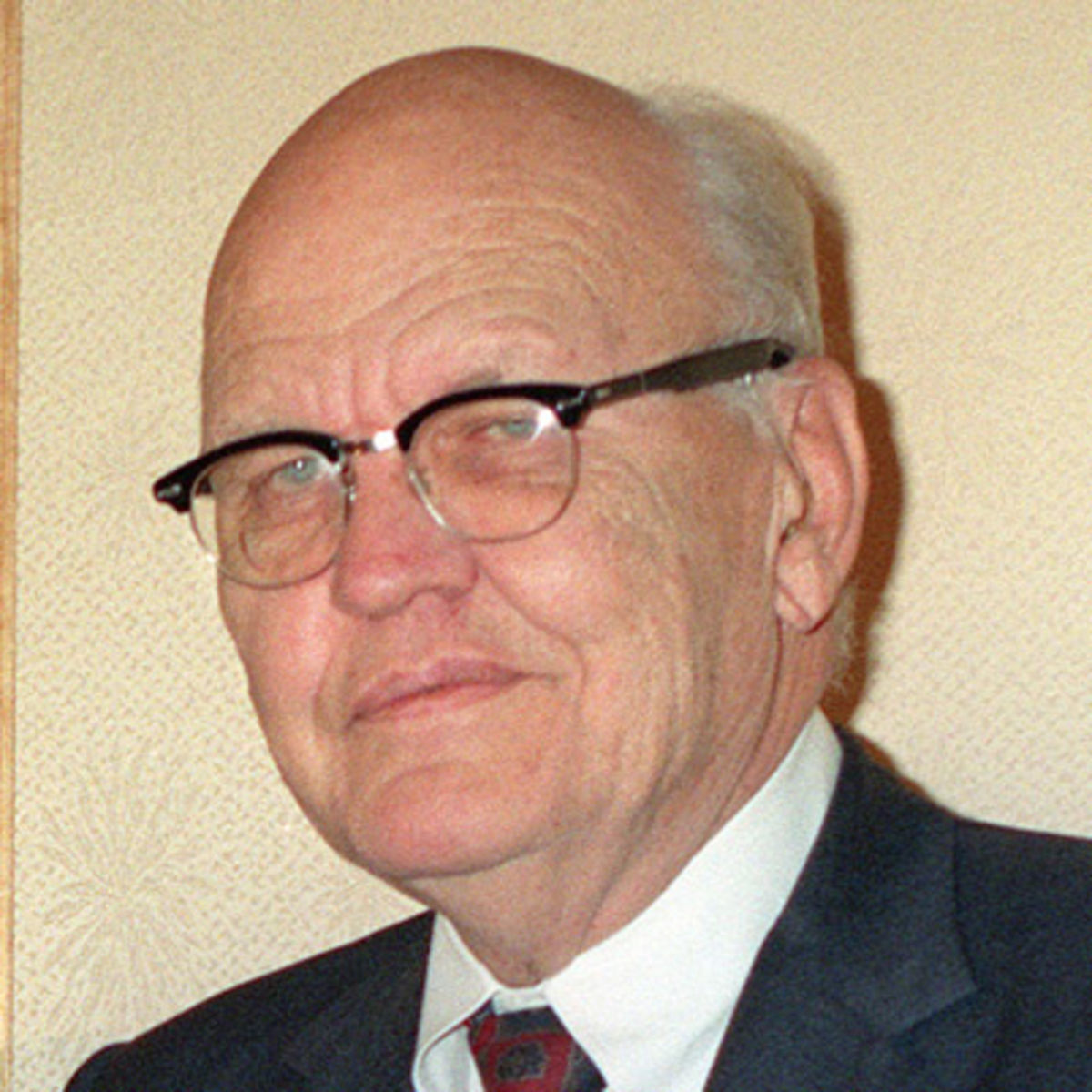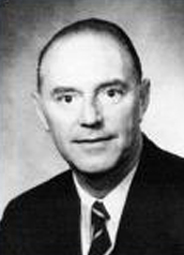Kurt Friedrich Godel National Medal of Science Awarded In 1974
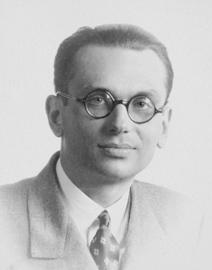
Kurt Friedrich Godel
Award Name : National Medal of Science
Year of Award : 1974
Award for : Mathematics
Location : Brno střed, South Moravian, Czech Republic
Kurt Friedrich Godel was an Austrian, and later American, logician, mathematician, and philosopher. Considered with Aristotle and Gottlob Frege to be one of the most significant logicians in history, Godel made an immense impact upon scientific and philosophical thinking in the 20th century, a time when others such as Bertrand Russell, A. N. Whitehead, and David Hilbert were pioneering the use of logic and set theory to understand the foundations of mathematics. He was born on April 28, 1906 in Brno, Czech Republic. Gödel published his two incompleteness theorems in 1931 when he was 25 years old, one year after finishing his doctorate at the University of Vienna. The first incompleteness theorem states that for any self-consistent recursive axiomatic system powerful enough to describe the arithmetic of the natural numbers, there are true propositions about the naturals that cannot be proved from the axioms. To prove this theorem, Gödel developed a technique now known as Gödel numbering, which codes formal expressions as natural numbers. He received the Einstein Award in 1951, and National Medal of Science in 1974. He was a member of the National Academy of Sciences of the United States, a fellow of the Royal Society, a member of the Institute of France, a fellow of the Royal Academy and an Honorary Member of the London Mathematical Society. However, it says much about his feelings towards Austria that he refused membership of the Academy of Sciences in Vienna, then later when he was elected to honorary membership he again refused the honour. He also refused to accept the highest National Medal for scientific and artistic achievement that Austria offered him.
